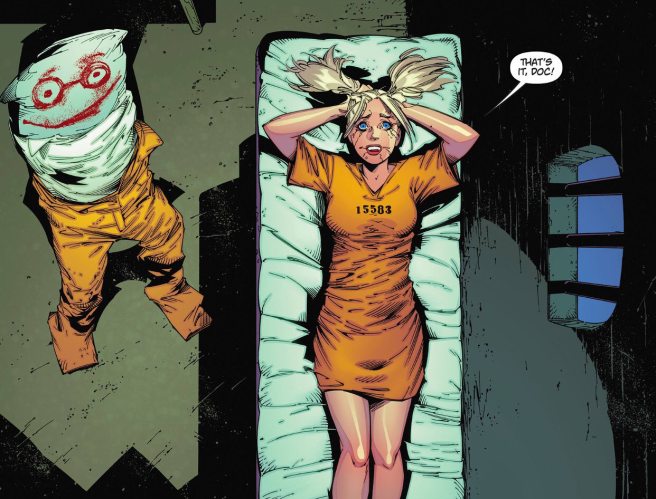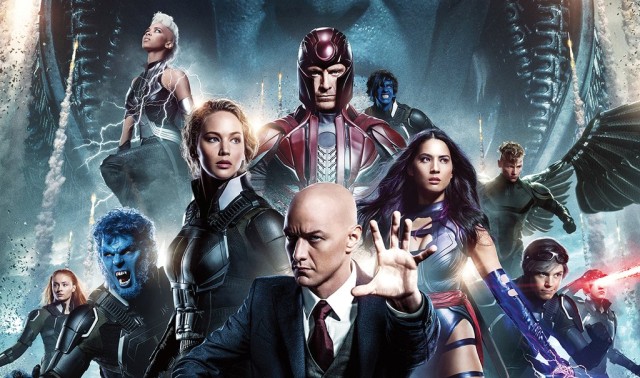It’s always struck me as a silly thing to say you’re a fan of music. As though there’s many folk who aren’t. Even hearing impaired friends (little and big D) attest to their love for sound in the varied ways they experience it. We sing in the shower (regardless of talent), we do that comical torso ‘dance’ with our hands on the wheel in the car queuing in traffic. From a neuropsych perspective, music has unique effects on the brain that cannot be duplicated by other stimuli. Our minds, quite truly, come alive with sound.
I go through these fun little phases when I discover (or re-discover) a new artist. I will tend to binge on their entire catalog, including deep-cuts, EP’s, B-sides and everything in-between. I’ll get to know them intimately and develop a deep appreciation for their work. I also experience this phenomenon when I’m stumbling my way through tough times, in my life or in the lives of those around me. There’s been a proper heap of both this past year (I told someone yesterday that 2016 had psychically closelined me right out the gate) and I’ve been spinning some serious sonic solace for months.
I want to give props to some of my favorite artists who do a lovely job depicting mental health and trauma in their music, so here I give you my all-time, desert island top-10 list of proper psych tunes. I hope you savor it whole-headedly and wholeheartedly.
~~~
Let’s start with what’s soaking the interior of my skull for the past few weeks, a recent discovery albeit a well established group of Manchester laddies since 2012-ish. This tune strikes me as a beautifully bare and honest depiction of mental illness, specifically it smacks of the painful Borderline Personality Disorder (BPD.) BPD is a early-life complex trauma/neglect induced (and arguably attachment-based) pervasive disorder that debilitates one’s sense of identity, complicates relationships and often prompts risky, self-harming, ostensibly abusive or impulsive behavior. “Me” by The 1975 is a beautiful story of this sort of struggle.
I’ll lump a couple tunes by these troubadours as I think they’ve got some serious chops and they’ve earned a couple positions in my opinion. This little ditty seems flippant at first blush until the short lyrical litany reaches its endpoint and we’re struck with a sudden empathy for the narrator.
Let’s rewind to some older favorites…
No Jacket Required was an album I was raised on, in the form of cassette tapes in a 1985 Mazda 626. This tune has always tranced me right into deep empathy and recollection of the ease of modern, western privileged life to simply “tune in, turn-on and drop-out” as it were. Thanks Phil and a guest spot by Sting for reminding me to stay aware.
My all-time, favorite act is Depeche Mode. I’m a devotee, from my first besotted moments in the back seat of Mum’s car hearing “Enjoy The Silence” on the radio. I don’t practice religion, but when I see DM in concert I become a faithful member of the congregation in full uniform. Although there’s a mad number of tracks I could laud by my lovers Depeche, from their post-Clarke era to now, I’ll keep it simple:
“Lie to Me” is a curiously apt depiction of codependency and relational enmeshment.
“Walking in My Shoes” is an anthemic, beautiful piece from the dark, drugged, acrimonious days of Songs of Faith & Devotion. This one tells a tale of the burden of fame and unseen complexities of success.
My pal Wally (aka Gotye) will always have my allegiance for reasons that are now years back and funny to say the least. Let’s just say, Wally….if you ever read this, you’re a good egg and I’m glad to support you indefinitely. Here’s Wal’s awesome tune that properly speaks to the tedium and torpor of life, and a great depiction of depression and dysthymia.
This lovely, weird tune by The National is a favorite for the story of delusional disorders (regardless of their cause.)
Another AUS love of mine is Sparkadia, a defunct indie group lead by the brilliant Alex Burnett. This tune depicts anxiety disorders, especially social anxiety, so perfectly. Sparkadia is another band I could bang on about forever with exuberant fangirling. I’ll spare ya.
I miss you, Xander. Bring back the Spark someday, baby.
I’m gonna’ give Xander another nod for China, simply put, a gorgeous tune about losing your shit.
Sia Furler is the paperbag goddess. This song is so obvious but truly a perfect glimpse into the hardened, hypervigilant reality of trauma survivors.
I could extend this list well beyond these aural beauties but damn…this gives you a solid playlist for now. Support these amazing artists and happy listening!




























 Scare Tactics: the monster of mental illness in horror films
Scare Tactics: the monster of mental illness in horror films
 Mad Mac: James McAvoy, my modern master of onscreen ‘madness’
Mad Mac: James McAvoy, my modern master of onscreen ‘madness’